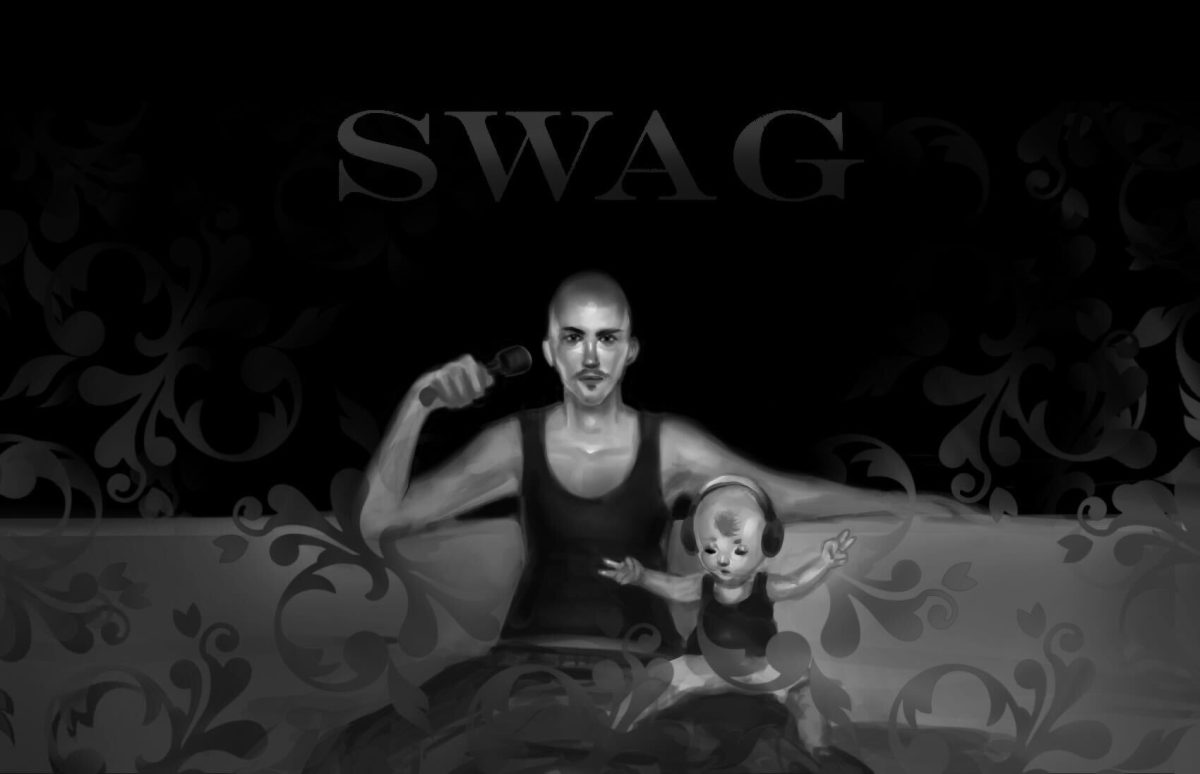Taylor Swift lives up to her reputation as a phenomenal lyricist in her new 11th studio album, The Tortured Poets Department.
Released last month, Swift’s latest work comprises 16 songs, four bonus tracks and two features. Two hours later on the same day, she released a surprise double album edition titled, The Anthology, containing 15 bonus tracks.
This surprise release gifted fans with a total of 31 songs, all revolving around Swift’s life. Despite the amount of pressure and endless love she’s received from the public throughout her ongoing world tour, she managed to come back stronger by breaking the global streaming record with 1.76 billion streams worldwide within the first week of its release.
One of the songs that contributed to the major success of this album is “So Long, London,” which captures a heartfelt tone as Swift dedicates the lyrics to a past lover. It starts off with an acapella moment before releasing an electric beat that keeps the pace steady throughout the four and a half minutes.
Swift is known for reserving the fifth spot in her albums for the most emotional and vulnerable song. In her album Red, “All Too Well” is the fifth and most emotional track. Likewise, the lyrics of “So Long, London” describe the hardships she faces while in a relationship with someone struggling mentally, which ultimately drags her down as well.
She emphasizes that she tries her best to keep the relationship together even when the other is drifting away from her. Eventually, she expresses that she couldn’t handle the struggles of a one-sided effort anymore and has to let go when she sings, “You swore that you loved me, but where were the clues? I died on the altar waitin’ for the proof.”
The detailed expression of emotion here delivers a message that resonates with listeners who share similar experiences or feel empathy for Swift.
In contrast, “Down Bad” fails to fuse lyrics with the music.
This song incorporates a repetitive melody, making it a less lively track because of its consistent tone throughout. It is extremely monotonous and feels like it is dragged on for longer than it actually is.
The lyrics express a desire or a longing for someone whom Swift deems necessary to have. She emphasizes that if she doesn’t have him, she “might just not get up” and “might stay down in bed.” This same theme repeats in the lyrics until the end, emphasizing her feelings but failing to be engaging.
The aggressive diction in Swift’s lyrics contradicts the calm and monotonous instrumentals, making it difficult to fully interpret the track’s mood.
However, a song that correctly captures the soft melody with its lyrics is “The Manuscript,” which incorporates a more serene melody that works well with the lyrics. It incorporates very simple chords played by piano and string instruments. Swift seems to be telling a story about someone’s life by referring to a girl in the third person. At the end, she reveals that she is singing about her own past.
Not only that, as the last piece of the album, the fading out effect and the ending lyrics of “But the story isn’t mine anymore” creates the perfect outro.
This line wraps up the album’s theme of looking at Swift’s difficult past and how she fights her way through to where she is right now. By saying that the story isn’t hers anymore after re-reading the “manuscript” of her life, she is indicating that she is officially moving on and living a new story that isn’t suffocated by suffering relationships.
As the opposite of a swift journey, this album proves that it’s just as important to listen to the journey as the final results.














